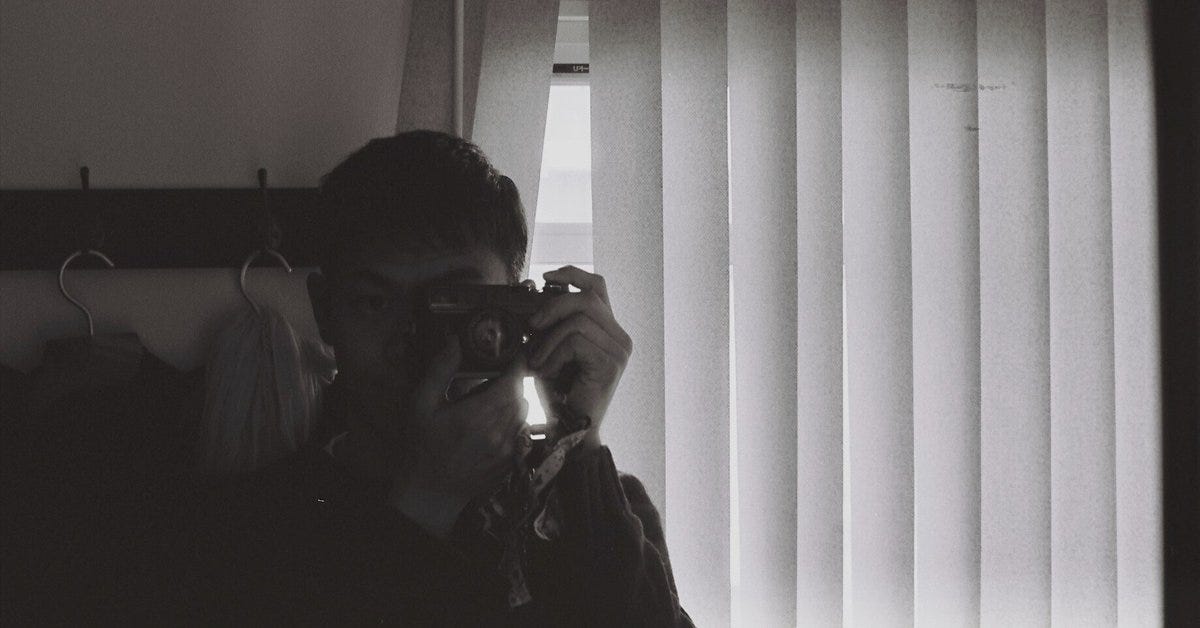Develop our own judgment
As I mentioned in my previous post, I’ve stopped reviewing applicants’ résumés. Recently, I’ve applied the same principle to how I evaluate people and organizations.
My core belief is that capability is the most reliable predictor of long-term performance. If I can accurately gauge someone’s capability, there’s no need to rely on anything else.
Many of us mistakenly assume that a person’s track record is the strongest indicator of future performance. In reality, short-term outcomes often reflect external factors more than true ability. While a track record can shed light on someone’s underlying capability, “halo effects” can blind us to what really matters. If we cultivate strong judgment, we don’t need to base our decisions on past achievements alone.
Central to my argument is the idea that, with dedicated effort, we can develop the judgment needed to assess individuals and organizations effectively. It’s not an easy path, but if we never try to refine our own judgment, we’ll be stuck relying on others’ opinions—missing the chance to hone our own insights. The same holds true in art critique: many people know a lot but lack the capacity to truly see or hear with their own discernment.
Ultimately, building this discernment requires courage. We have to believe that, despite inevitable mistakes in the middle of the way, we can develop sound judgment over time.
Identifying and evaluating people is one of the most critical skills for entrepreneurs—one that should never be outsourced. With so much at stake, it only makes sense to invest in our ability to recognize true capability.


